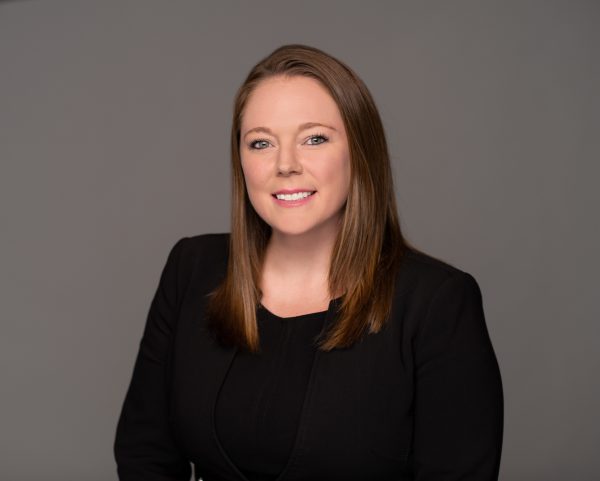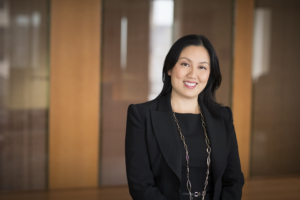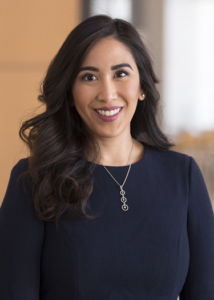by Cathie Ericson
 Building the right team entails all types of diversity, including cognitive diversity, says Carol Schleif.
Building the right team entails all types of diversity, including cognitive diversity, says Carol Schleif.
“I want people who come from different experiences,” she says, noting that even if the team looks diverse on paper, they are looking at problems the same way if they all come from the same school, for example. She realized this when she recently enrolled in an MBA program and came to appreciate how everyone approaches business problems differently depending on their age and experience, which she has found to be a proof point for the importance of diversity of thought.
Recently, for example, she was working with a church budget committee when she realized that the majority were CFOs, yet she was the only one in finance, while the remainder were from social service. “I saw you needed these different skill sets to come to the best decisions,” she says.
Building A Career in Finance
In college, Schleif earned a dual degree in equestrian science and business as she had expected to be a horse trainer, but she found she enjoyed her business classes so much that she ended up pursuing that as her field. The economy was not on her side when she graduated in 1983, as it was “the pit of the 1983 recession,” as she describes it. However, she had the good fortune of starting as an administrative assistant in a small brokerage firm where she frequently interacted with the research department. When she relocated to Minnesota, she parlayed her fascination with the markets into a position as a junior analyst.
She subsequently earned her CFA Charter, then spent the next several years working for investment firms in research and analyst positions, ultimately running a research department and then becoming partner and investment principal at the predecessor firm to Abbot Downing.
Currently she focuses much of her attention on the firm’s forays into sustainable investing issues as well as immersing herself in both women and wealth and women in wealth.
Women And Wealth And Women In Wealth
Regarding women and wealth, she finds that in traditional relationships, often one partner is the breadwinner, while the other accomplishes the tasks that facilitate their lives. By default, though, that person—almost always the woman—doesn’t spend as much time thinking about the structure of their finances. Therefore when an emergency happens, such as a death, divorce or retirement, they are dealing not only with the accompanying emotional issues, but also financial issues. “At that point it can be too traumatic to handle so our goal is to get women involved earlier,” Schleif says.
To help with education, Abbot Downing has developed women’s forums for clients, featuring both internal and external speakers who highlight planning, family dynamics and culture and values. “It creates a great environment for women to learn from each other,” Schleif says.
The other side of the coin, women in wealth, relates to helping with career development.
Schleif has found that very few women come to the industry directly through business school so she is always wondering how best to get women interested in finance. Part of it, she says, could be a function of pop culture. “The fields of law and medicine have cool TV shows, but the entertainment industry typically serves up negative examples of finance, which I believe does a disservice to many women who would thrive in a career like this.”
In fact, she has found it to be positive for balancing work and life, noting that she had three kids in three years and was able to work throughout. “It’s an industry that’s conducive to leading a balanced life and also doing something impactful and important to society,” she says.
That’s a key reason that her professional accomplishment that stands out most is the mentoring and coaching she does while helping contribute to the culture of learning and development at the firm. For example, her boss encouraged her to start an asset management mentoring program, which they are in the third year of hosting, and she also sits on the board of CFA Minnesota, one of the largest local branches of the CFA Institute, where she leads the career development committee. The group is also focused on diversity and inclusion, with a “Changing Perceptions” program, and she has been attending regional meetings on panels and partnering with different entities on a Women in Wealth initiative.
She also works at the college level to get more women interested and champions internships for women through regional business clubs. “As a lifelong learner and advocate, it’s satisfying to help people find the skill sets they might not even know they have and connect them to a career that works for them,” Schleif says, adding that someday she may even end up working for some of them. “It awes me that people will come and ask my opinion,” she says. “I find the ability to turn around and ask good questions, as my best coaches have done, is preferable to just giving advice.”
Internally Schleif helps lead a monthly call on career perspectives. “I find it’s very impactful for those early in their careers to find mid-career professionals who will share tactical and practical advice to see their next step,” she says.
Her experiences have also showed her that there’s a place for everyone in an organization when you play to their strengths. For example, the tendency is to turn your top-producing sales person into a manager, but the skill sets are entirely different.
“Some people are idea generators; others want to take them and mold them so you have to coach them intentionally. That’s how you will assemble a top-performing team.”

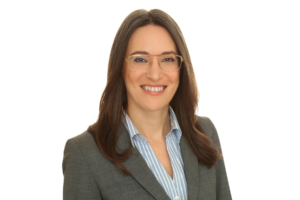
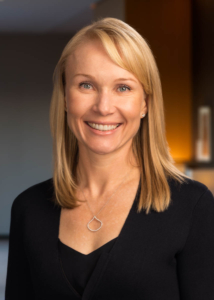
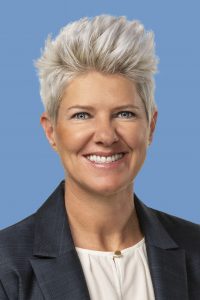 In our final profile covering Pride voices this June, Michelle Nyberg comments on the importance of diversity, her role as co-head of Australia & New Zealand affinity network Gays, Lesbians and Mates, and managing Australia and New Zealand’s Services footprint.
In our final profile covering Pride voices this June, Michelle Nyberg comments on the importance of diversity, her role as co-head of Australia & New Zealand affinity network Gays, Lesbians and Mates, and managing Australia and New Zealand’s Services footprint.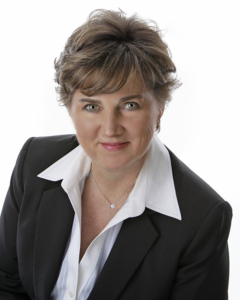
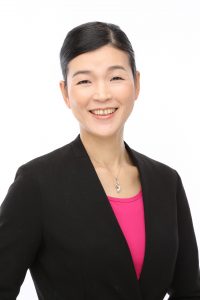 by Cathie Ericson
by Cathie Ericson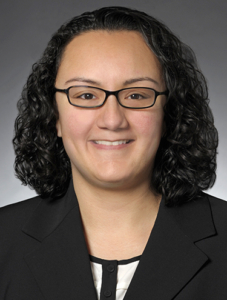 Equal treatment as an LGBTQ professional has always been important to Diane Bell—and she has found that at Katten.
Equal treatment as an LGBTQ professional has always been important to Diane Bell—and she has found that at Katten.